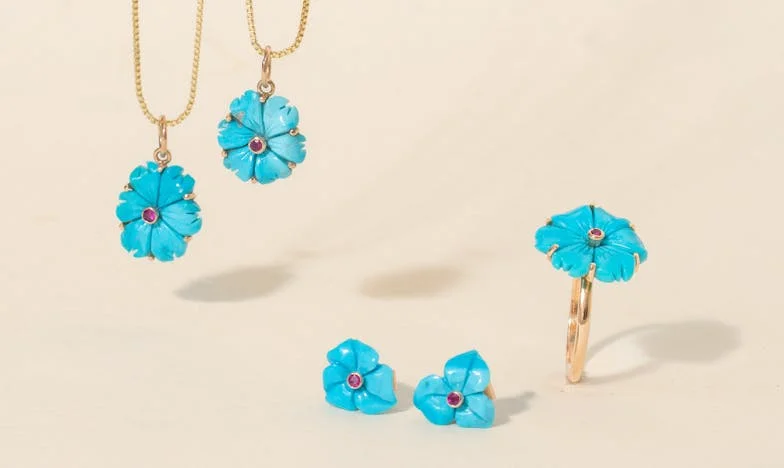The Things We Don’t Say Out Loud
“Don’t send me any more texts, Olga. Please. I’m married, and I love my wife.”
The words felt strange in my mouth, like a line from a play I’d rehearsed too many times. I was standing by our granite kitchen counter, the evening sun slicing across the tiles, and Kathy was in the den, laughing at a rerun of Friends. Our daughter, Emily, was at her dorm, probably hunched over a stack of anatomy textbooks. For a moment, I wanted to be her—twenty, certain, with the world still full of unbroken promises.
My finger hovered over the SEND button. I closed my eyes, feeling the weight of twenty-two years pressing on my chest. Olga’s last message glowed on the screen: “You don’t have to pretend. I see you.”
Pretend. Was that what I’d been doing all these years? No, not pretending—just surviving. Kathy and I met in med school. We were supposed to be unstoppable—two driven kids from Ohio, both with scholarships, both with something to prove. We married before our residencies, promising we’d never let medicine—or life—get between us. But life, it turns out, doesn’t care about your promises.
We became a team. We paid off loans, bought a house in the suburbs, raised Emily to be ambitious and kind. Our love changed faces over the years: from passion to comfort, comfort to habit. I told myself that was normal. That was what lasting love looked like. But somewhere along the way, I started to feel invisible, even to myself.
Olga was a nurse at the hospital, new to the night shift. She was sharp, funny, and she saw right through my practiced smile. She’d bring me coffee at 3AM and ask about my favorite books. She’d tease me for double-checking her charts. She seemed to know when I was tired, or when the silence at home had gotten too heavy to bear.
One night, after a rough shift, I found myself sitting beside her in the break room, talking about everything except the things that mattered. She leaned in, her voice barely above a whisper. “You look lonely, Dr. Miller.”
I laughed it off. “We’re all lonely, Olga. Night shifts’ll do that to you.”
She reached for my hand, just for a second. “I meant when you go home.”
I pulled away, my heart hammering. I didn’t sleep that morning. I watched Kathy make coffee in her old college T-shirt, humming to herself, and I wondered if she’d ever felt the same ache I did—the one that made you want to scream and run and hold on, all at once.
For weeks, I avoided Olga. I picked up extra shifts, brought home flowers for Kathy, called Emily just to hear her voice. But the emptiness stayed. It grew, fed on all the words I never said out loud.
It all came to a head the night Emily called, her voice shaky. “Dad, I think I’m failing biology. Maybe I’m not cut out for this.”
I wanted to tell her it was okay, that she could be anything she wanted. But Kathy got to the phone first, launching into advice and pep talks. I listened from the hallway, suddenly aware of how small my world had become—how I’d let myself disappear into routine, into silence.
Later that night, Kathy sat beside me on the porch swing, her hand finding mine in the dark. “You’ve been distant, Marc. Is it work? Or is it me?”
I shook my head. “It’s not you. I just… I don’t know anymore.”
She squeezed my fingers, her wedding band pressing into my skin. “We’re not kids anymore. But I still want you to talk to me.”
I thought about Olga—her laugh, her honesty, the way she made me feel seen. And I hated myself for wanting more than what I had. I hated myself for not being brave enough to say what I needed.
The next morning, I found Kathy in the kitchen, making eggs. “Do you ever wonder if we’re happy?” I asked.
She looked up, startled. “I think so. Aren’t we?”
I shrugged, fighting tears. “I want to be. But sometimes I feel like I’m just going through the motions.”
She set down the spatula, her eyes shining. “Me too.”
We stood there, the quiet stretching between us. I realized then that love wasn’t just about passion or comfort. It was about choosing each other, even when it was hard. Even when you didn’t have all the answers.
That night, I texted Olga. “I can’t do this. I need to try again—with my wife.” She didn’t reply. Maybe she understood. Maybe she didn’t. But for the first time in years, I felt honest.
Now, months later, Kathy and I are still learning how to talk to each other. Emily switched majors—philosophy, not medicine. She’s happy. And I’m learning that happiness isn’t something you find, but something you build, piece by piece, with the people you choose to love.
Sometimes, I still wonder what my life would have been if I’d chosen differently. But I’m here, and I’m trying. Isn’t that all any of us can do?
Tell me—have you ever found yourself lost in your own life, wondering how you got there? What would you have done differently if you’d had the chance?
